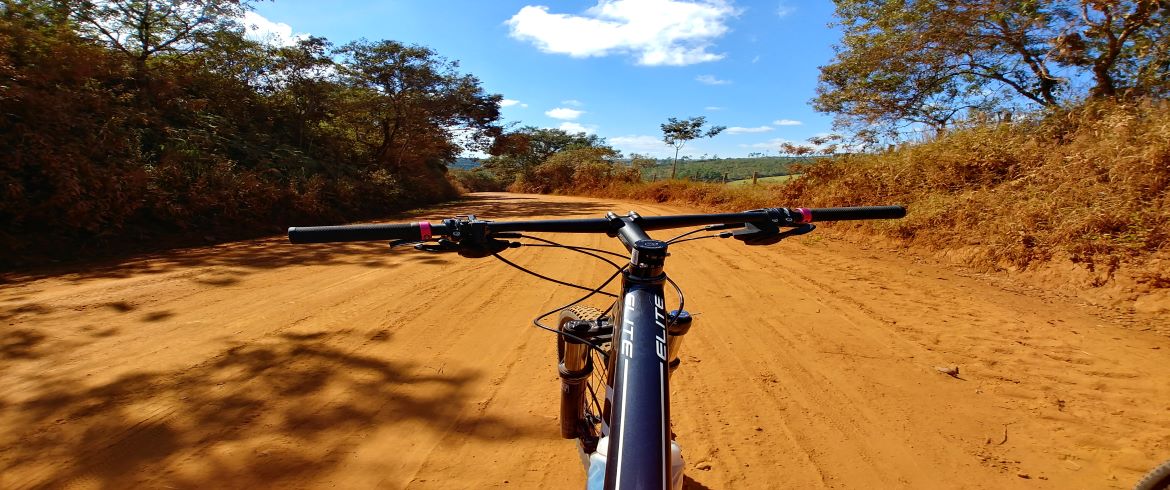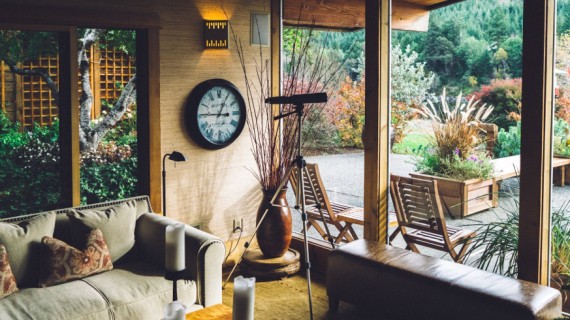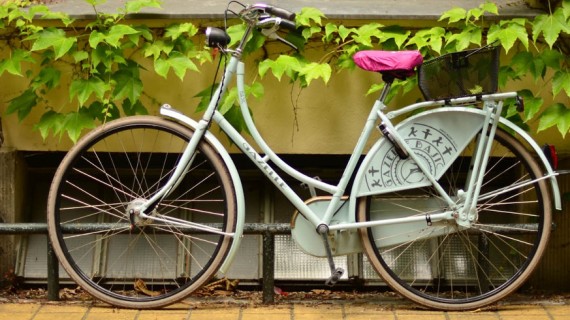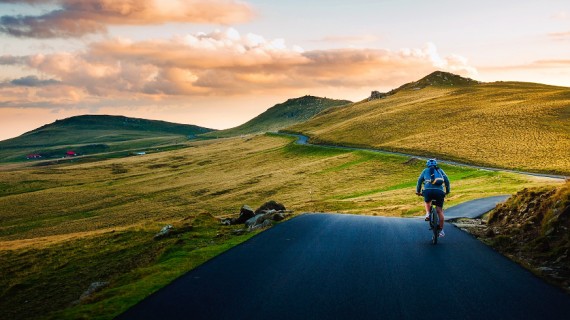Do you know the ‘Vías Verdes’? The green ways of Spain are old disused railway lines that have been recovered for walkers and cyclists.
These amazing bike routes of Spain follow the traces of old train tracks. There was a time when some trains stopped working and were forgotten. But today those tracks occupied by locomotives have turned into routes for pedestrians and bicycles. Their name is Green Ways, or “Vías Verdes” in Spanish, and they cover 2.900 kilometers throughout Spain, inland, and on the coast. They are a part of over 7.600 kilometers of out-of-service railway lines that nowadays are bicycle circuits, distributed nationwide.
An Eco-Sustainable Quality Mark
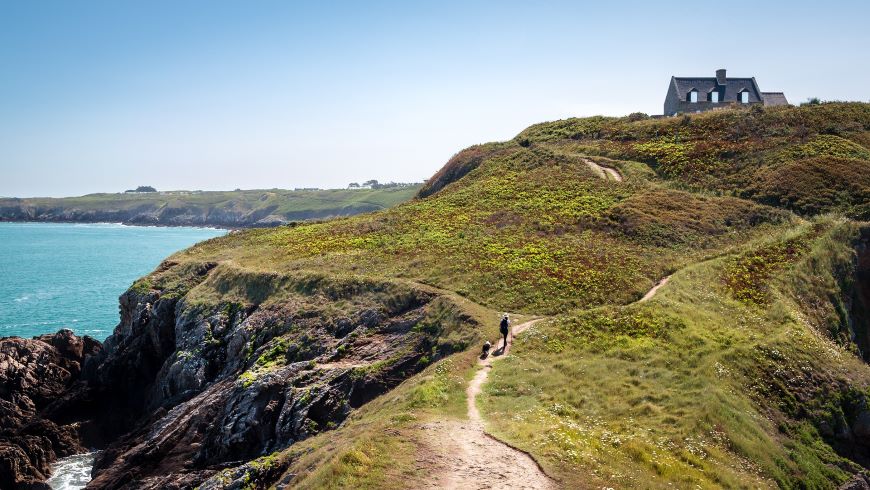
“Vías Verdes” is a registered quality trademark, which is protected by the “Fundación de los Ferrocarriles Españoles” (Fundation of Spanis Railways). It’s a project started in 1993 and it has been constantly expanding. It represents a precious heritage, which has changed for the benefit of sustainability and the environment.
There are 129 green ways that cross Spain and that allow ecotourism experiences, enjoying the environmentally friendly way of discovering the landscape and culture of Spain.
You will find flat, uniform, and easy tracks, with wide curves and an altitude different always less than 3%. They are ideal for everyone, without limits, from the youngest to the oldest. They are also perfect for people with reduced mobility or in any other physical condition.
In these green routes, only bicycles and pedestrians are allowed, while motor vehicles are excluded. Thanks to this measure, high levels of security and respect for the environment are guaranteed.
Why Choose Green Ways
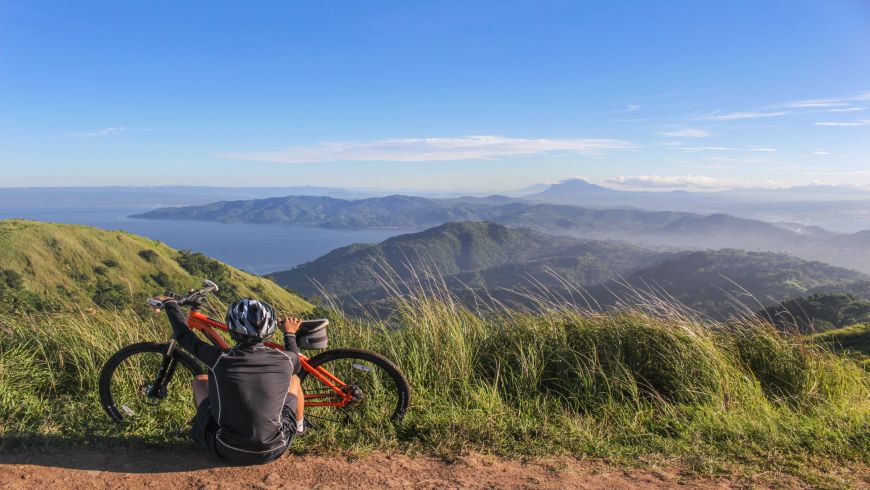
Choosing green routes to go trekking and cycling is a comfortable and safe way to do sport. In addition, you will feel to be completely respecting the environment.
The routes are perfectly marked and you can find also some information boards about the environment and local culture. Thanks to the presence of signal panels, and in some cases also of guides and guided tours, you will learn about the landscapes and the heritage of Spain in an easy and ecological way.
And then, there are illuminated tunnels in order to make transit easier. The grounds are pleasant and the intersections with busy roads have crossings at different levels.
Map of Green Ways of Spain

A Project of Economic and Ecological Revitalization
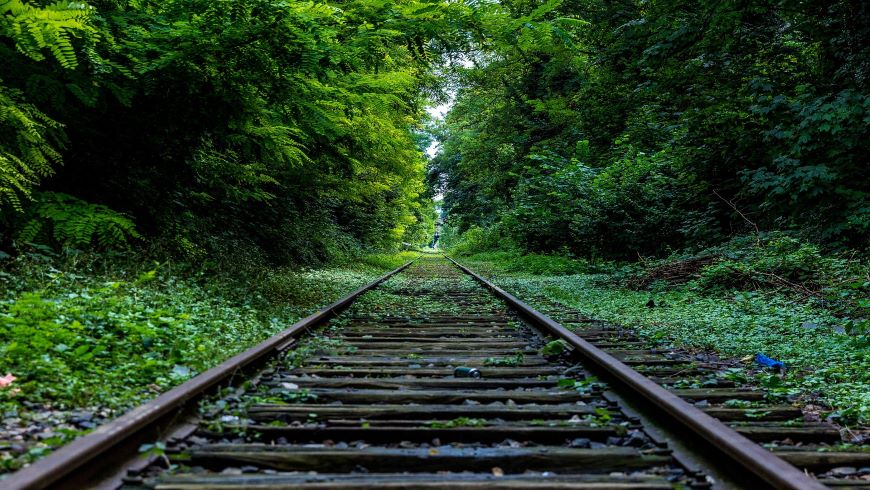
If you follow the tracks of a railway line, constructed at the beginning of the XIX century, but that has never reached the realization phase, you will enter in the Sierra de Cádiz, up to the Peñón de Zaframagón. It is a massif that hosts one of the biggest colonies of Andalusian Leonados vultures.
Or you can reach Guipúzcoa. Where a small railway passed in the past, today a path comes out. It is flanked by beech and oak trees and lush forests of the Larraun and Leitzarán valleys.
All this entails the revitalization of the environment, in which places with low tourist activity are often located. The railway heritage contributes to the economic reactivation of municipalities. It gives a boost to local entrepreneurship, job creation, and economic recovery of rural areas.
This project advertises sustainable and healthy tourism. And at the same time, it enhances natural territories, which do not receive the visibility and promotion that other best-known destinations have.
In addition, these routes have recently received technological support. Since the beginning of 2021, in fact, all the 129 paths are available on Google Maps. And soon they will be accessible also on Google Street View.
Useful Tips to face the Green Ways of Spain
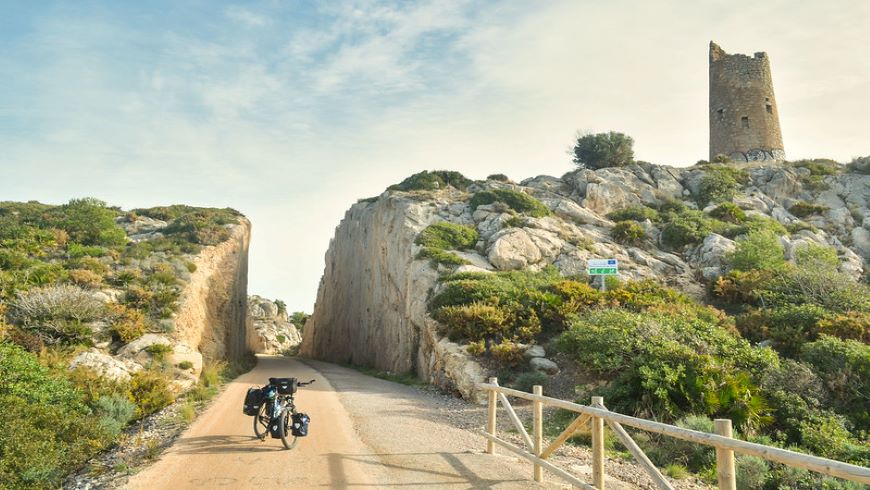
There are various possibilities to move along the Green Routes. You can make a few or several kilometers, from 6 to almost 130, and face urban or country paths. It is always a good idea, before starting the journey, to inform about the itinerary and to equip yourself with basic equipment:
- Sportswear
- Comfortable Shoes
- A Backpack with Water and Light Food
- A Flashlight
- Your Legs or a Bicycle
In some paths, there are places where it is possible to rent a two-wheeled vehicle. The 98 old railway stations, located throughout the Spanish territory, are used as bike rental services, refreshment points, coffee shops, restaurants, small museums, or information points.
In addition, on the Green Routes, activities like sports days, photography workshops, gatherings of cyclists are organized.
The development of “Vías Verdes” crosses the Spanish borders. In 1998, in Belgium, the European Greenways Association (EGWA) was created. Its General Secretariat holds the Foundation of Spanish Railways since 2009. Today, more than 50 institutions from 16 countries are members of the Association.
The Green Routes network designs the map that leads to natural treasures, hidden in the most remote corners of Spain. From the north to the south, you will encounter beautiful paths, fascinating places and unforgettable landscapes. These routes represent an alternative, comfortable and ecological way for slow traveling.
You just have to choose your green path!
To get more information you can check the official website.
